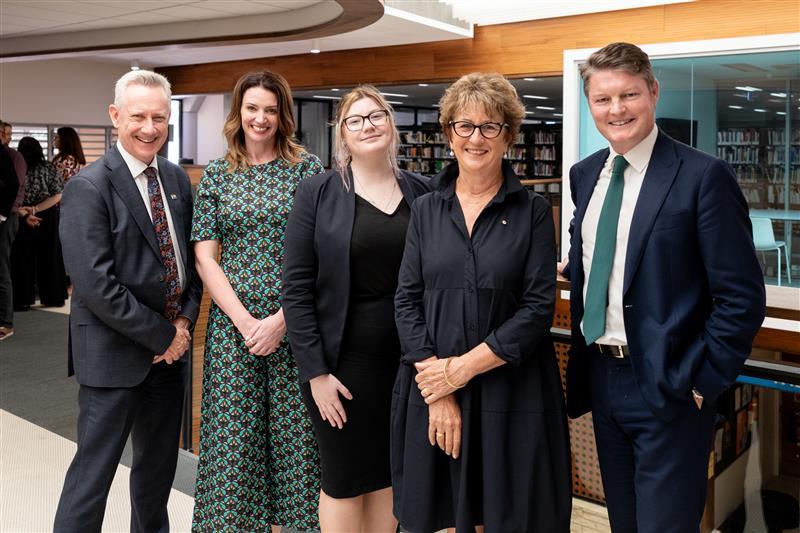Champions of the needs-based funding model, VU welcomes the Australian Universities Accord recommendations

Federal Education Minister Jason Clare today released the long-awaited final report into Australia’s higher education system, the Universities Accord.
VU welcomes the recommendation for a needs-based funding model, which VU first supported at the start of the Accord process.
Victoria University (VU) Vice-Chancellor Professor Adam Shoemaker is particularly pleased there is a strong focus on equitable access, as recommendations on improving and funding access to higher education and VET will directly benefit VU students.
“As a proudly public-purpose (and dual sector) institution, VU sees needs-based funding reform as pivotal. It will unlock talent. It will open doors to qualifications for generations of new students of all ages. It is fundamentally democratic. And it will unleash skilled careers at a time when the nation needs them most. It is genuinely one of the most exciting policy advances in years,” Professor Shoemaker said.
Over a third of VU students are from equity backgrounds, such as First Nations students, students with a disability and students from disadvantaged backgrounds. Almost half of our students are the first in their family to go to university, ranking us the third highest in Australia - and number one by far of all non-regional universities.
Education policy expert and Director of VU’s Mitchell Institute Associate Professor Peter Hurley has advocated the “Gonski” for universities model that the Accord has recommended. Associate Professor Hurley said, “extra funding to institutions with higher concentrations of student disadvantage means resources will go where they are needed most”.
Based on the “Gonski” model used in the school sector, the Mitchell Institute estimates an 11 per cent increase in base-funding amounts.
“Resources matter. Disadvantage does not stop when students leave high school – a needs-based funding model marks a major shift in how universities are funded,” Associate Professor Hurley said.
A lot of questions remain, like how the reforms will be paid for. But we believe this is the best funding model to ensure our tertiary education system is fairer and properly resourced.”
Read the article by Associate Professor Hurley and co-author Dr Melinda Hildebrandt in The Conversation released today, which outlines what the needs-based funding model means.



